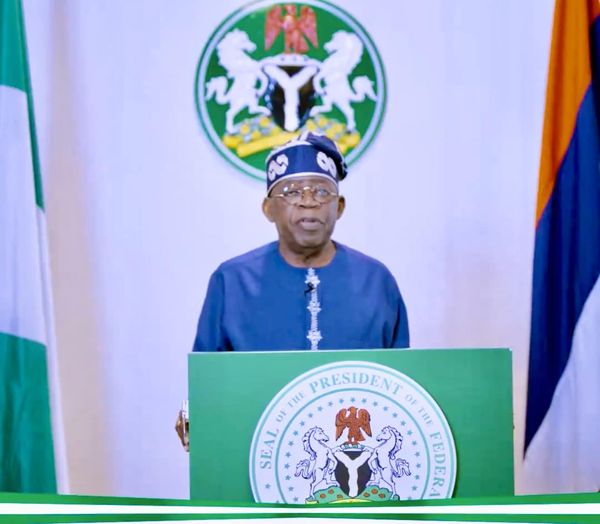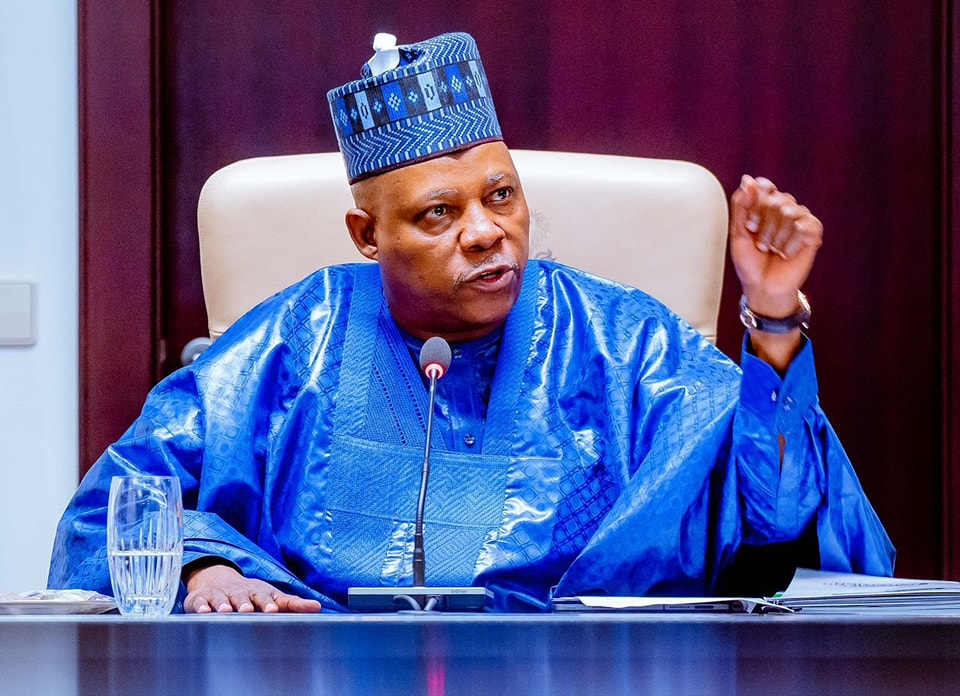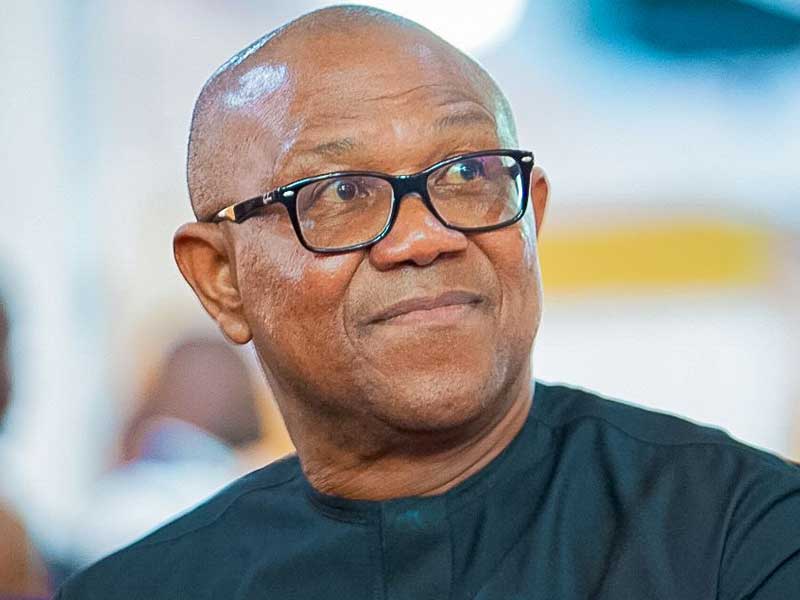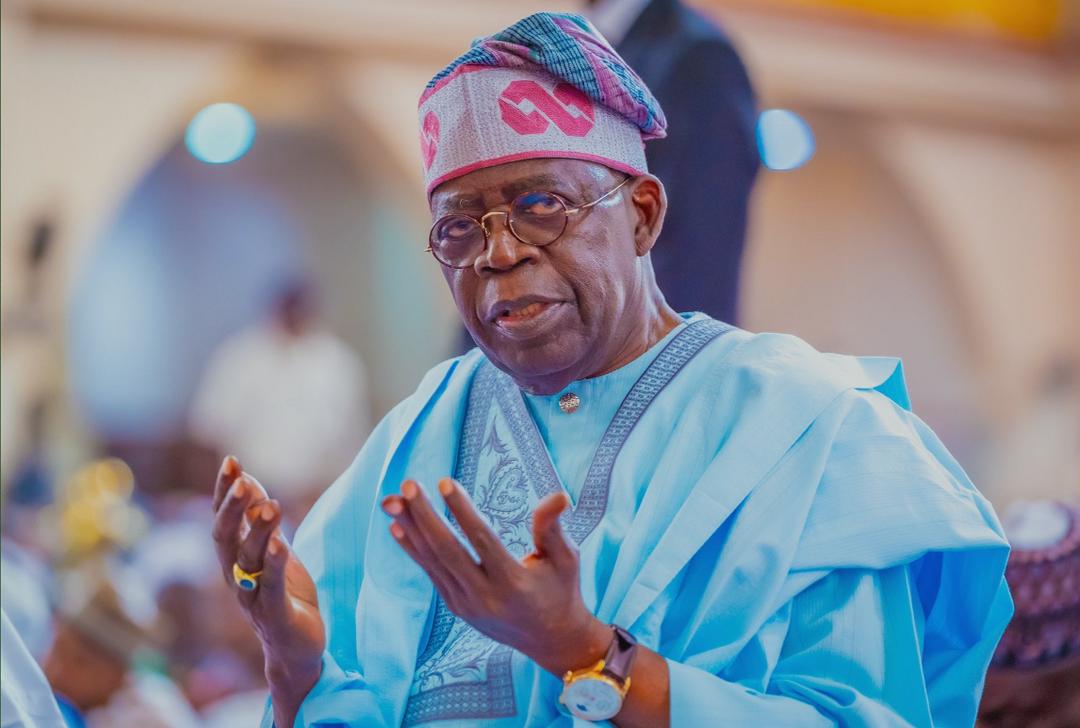What’s Happening?
The All Progressives Congress (APC) in Osun State has called on President Bola Ahmed Tinubu to intervene in the escalating communal clashes between Ifon-Osun and Ilobu communities. The crisis, which reignited on Thursday night, has resulted in significant loss of lives, destruction of properties, and widespread panic.
The APC criticized Governor Ademola Adeleke for his handling of the situation, accusing his administration of lacking the political will to resolve the conflict. This is the eighth outbreak of violence between the two communities in the last 18 months, raising concerns about the state government’s ability to maintain peace.

The Toll of the Crisis
The violence has claimed at least 30 lives, with numerous houses, shops, and vehicles set ablaze. Among the casualties is a former councillor, while the wife of the Olori Bola, the Olobu of Ilobu, lost her shop to the attacks.
Residents of both communities have been fleeing in large numbers, as seen in viral videos, fearing further violence. The APC described the situation as a “state of pandemonium,” with the lingering hostility threatening the stability of the entire region.
A Deeper Dive: The Root Causes of the Crisis
The Ifon-Ilobu crisis is rooted in longstanding land disputes and ethnic tensions between the two communities. These issues have been exacerbated by political interference and weak governance, creating a cycle of violence that has proven difficult to break.
The APC’s accusations against Governor Adeleke highlight the role of political actors in fueling or failing to address such conflicts. By appointing individuals with alleged ties to violence, the state government risks undermining its own efforts to restore peace.
The Role of Federal Intervention
The calls for President Tinubu’s intervention reflect the limitations of state-level governance in resolving complex communal conflicts. Federal involvement could bring additional resources, such as security personnel and mediation experts, to address the root causes of the crisis.
However, any intervention must be carefully coordinated to avoid further politicizing the conflict or alienating local stakeholders.
The Human Cost of the Crisis
Beyond the political and security implications, the Ifon-Ilobu crisis has had a devastating human cost. Families have been displaced, livelihoods destroyed, and communities torn apart. The psychological trauma of repeated violence will take years to heal, even if peace is restored.
This underscores the urgency of finding a lasting solution that addresses both the immediate and underlying causes of the conflict.
APC’s Accusations Against Adeleke
The APC accused Governor Adeleke of enabling criminal activities by appointing individuals with alleged ties to violence. The party named a gubernatorial appointee who is reportedly facing charges of murder and terrorism, questioning how such a government could effectively restore order.
“How would criminals on rampage fear the government when the chief executive of the state has over the period proven he is a lover and an enabler of crime?” the APC statement read.
The party also criticized Adeleke for failing to address similar outbreaks of violence in other Osun communities, including Iddo-Osun, Egbedi, and Esa-Oke.
Ilobu Community’s Desperate Appeal
The Ilobu Development Union (IDU) has also called for urgent intervention from President Tinubu, the Inspector General of Police, and the Director of the Department of State Security. In a statement signed by Pastor Olufemi Salako, the IDU described the attacks by Ifon-Osun and Erin-Osun communities as an ongoing assault that requires immediate federal attention.
State Government’s Response
In response to the crisis, the Osun State Government reimposed a dusk-to-dawn curfew on Ifon and Ilobu communities. The curfew, which runs from 6 pm to 6 am daily, will remain in effect until peace is restored.
This decision follows an emergency meeting with security agencies and stakeholders. However, critics argue that the curfew alone is insufficient to address the root causes of the conflict.
Why This Matters
The Ifon-Ilobu crisis is more than just a local dispute—it’s a reflection of deeper issues, including land disputes, political tensions, and weak governance. The repeated outbreaks of violence highlight the need for a comprehensive approach to conflict resolution, involving both state and federal authorities.
For President Tinubu, the crisis presents an opportunity to demonstrate his commitment to peace and security, especially in regions plagued by communal conflicts.
Read also: “Tinubu Dragged to ECOWAS Court Over Rivers State Emergency Rule: ‘A Threat to Democracy’”
Key Takeaways
- The Ifon-Ilobu crisis has claimed 30 lives and caused extensive property damage.
- The Osun APC has called on President Tinubu to intervene, criticizing Governor Adeleke’s handling of the situation.
- The state government has reimposed a curfew but faces accusations of enabling criminal activities.
- The Ilobu community has appealed to federal authorities for urgent intervention.
- The crisis underscores the need for a long-term solution to communal conflicts in Osun State.
















Got a Questions?
Find us on Socials or Contact us and we’ll get back to you as soon as possible.